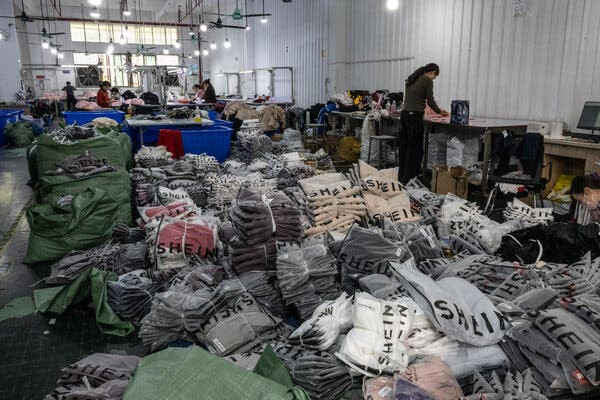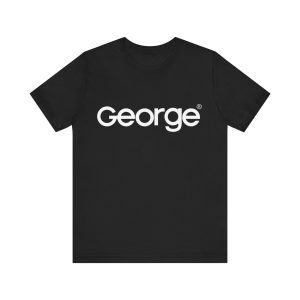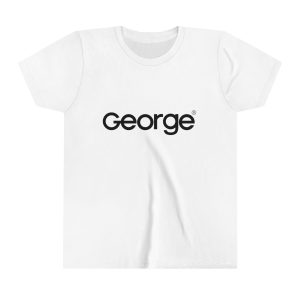
Fast fashion retailers rely heavily on shipping by air. The president’s tariffs could change that.

Fast-fashion giants like Shein and Temu have been doing booming business in the United States in recent years, in part because of a tariff exemption that’s helped to keep prices low on packages shipped from China.
Now, President Trump has ordered the loophole closed as part of new tariffs, starting with packages from China and Hong Kong. It could have the effect, probably unintended, of putting a dent in global airfreight emissions linked to the fashion industry.
Last year, 1.36 billion packages entered the United States through that loophole, which is known as the de minimis exemption and allows goods worth less than $800 to enter the country without tariffs. The largest source of shipments under the exemption was China, and most of those packages crossed the ocean by plane, according to data from Customs and Border Protection.
And that means a lot of planet-warming emissions: Flying a package across the sea is 68 times more carbon-intensive than shipping it by ocean freight, according to the Climate Action Accelerator, a nonprofit group based in Switzerland.
Many countries allow shipments below a certain value to cross their borders untaxed. In Europe, the threshold is 150 euros. In Argentina, it’s $400. Since 2016, when Congress last increased the de minimis exemption in a bipartisan vote, the U.S. has drawn the line at $800.
These policies help simplify the customs process for small packages and prevent bottlenecks at the border. But the U.S. exemption has also opened the door wide for foreign e-commerce platforms to compete on price with domestic retailers like Amazon and Walmart.



![[GOOD PRESS] ON](https://georgemagazine.com/wp-content/uploads/2024/08/16389056566437433941_2048-300x300.jpeg)